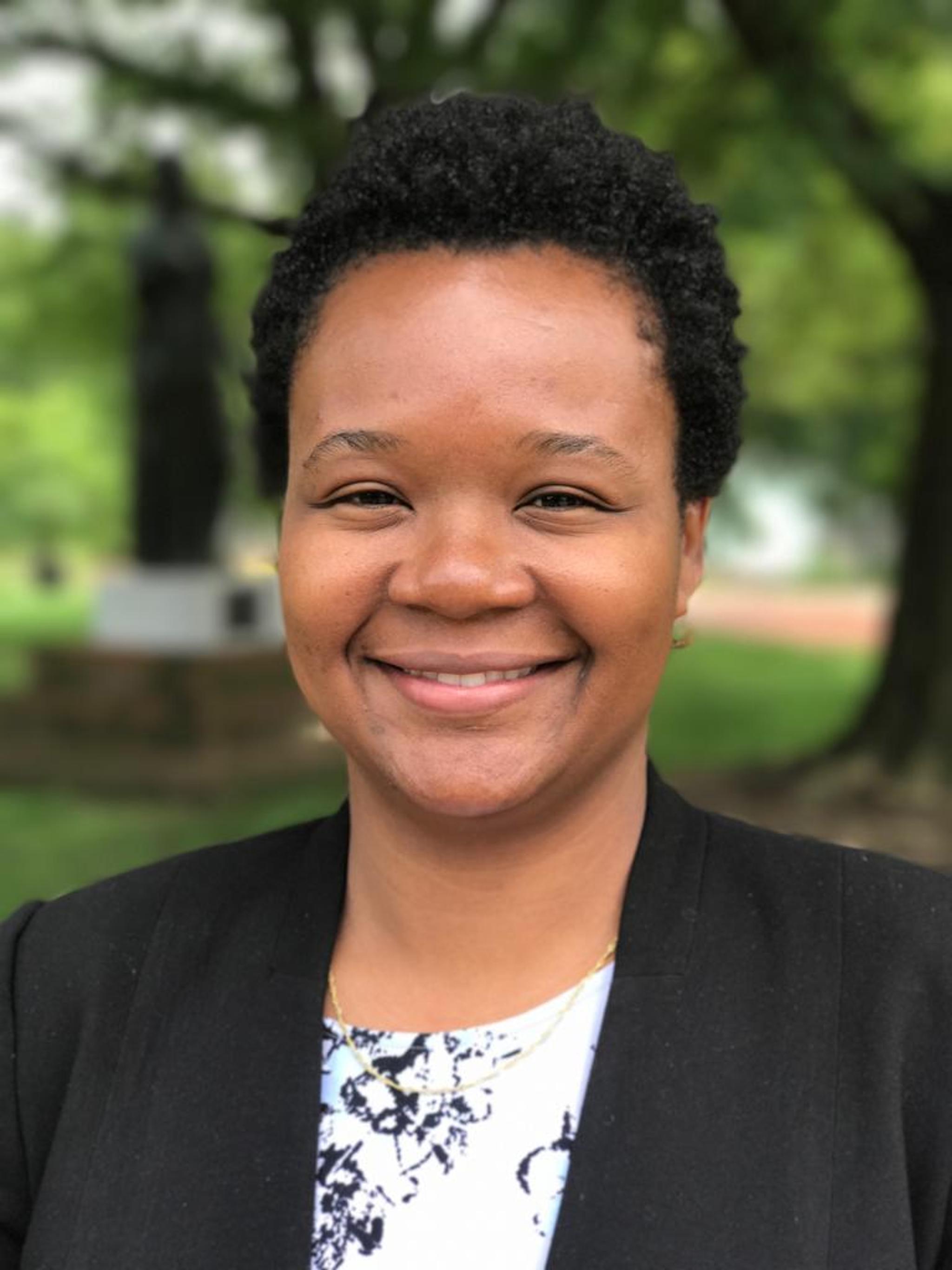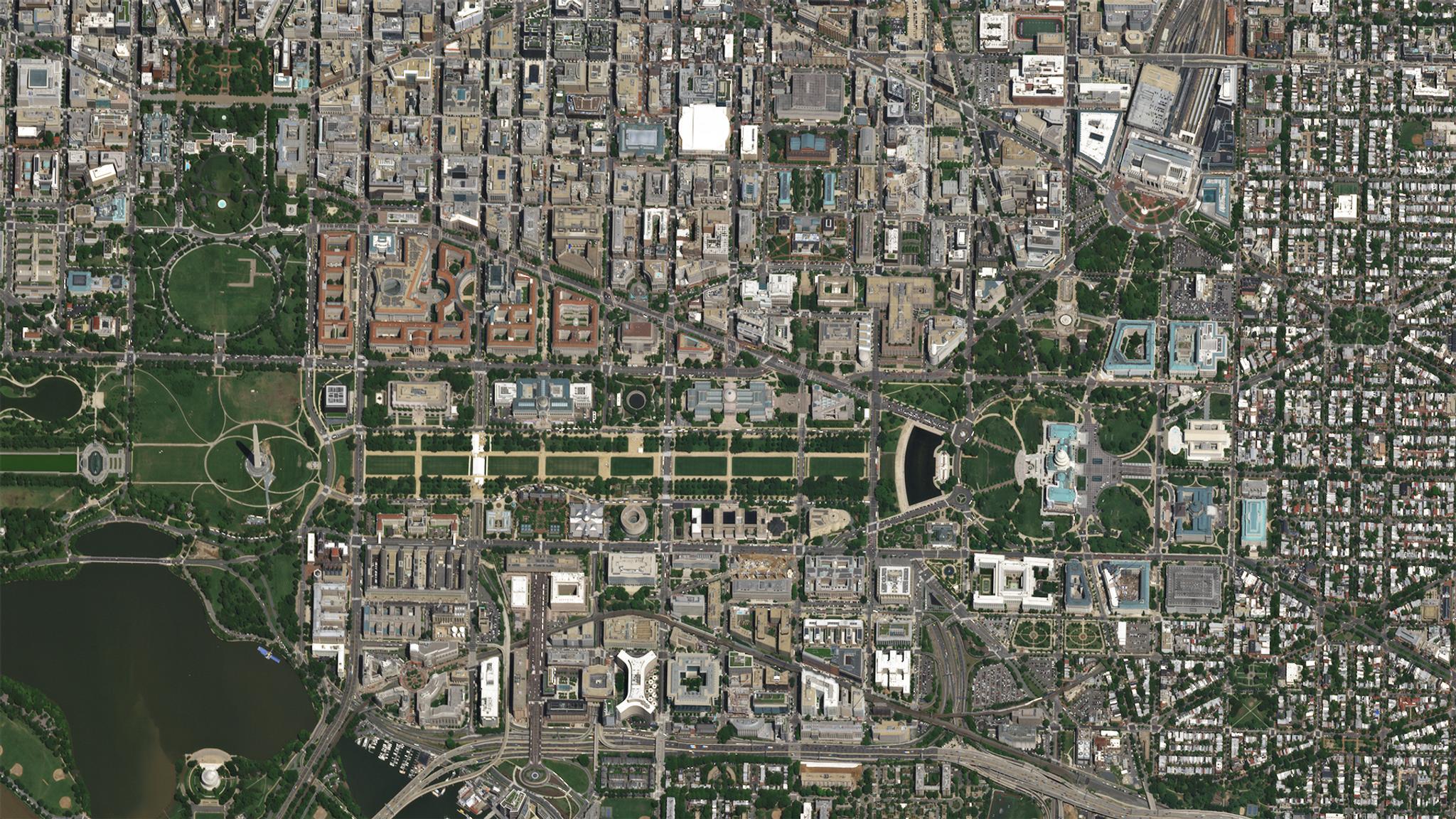Belonging Spotlight: <br/>Patrice Johnson
This is part two of our series, “Belonging Spotlight.” Each volume features a member of our Planet community and is a valuable opportunity to get to know the person, the whole person, and understand what belonging really means to them. I had the great privilege to sit down and connect with Patrice Johnson to get to know more about her journey. Let’s get started! Patrice Johnson (she/her) Product Subject Matter Expert, Washington, DCTell us a little about yourself and some of the things you are currently working on at Planet. Sure! I'm originally from the South suburbs of Chicago. I came to Washington, DC for undergrad and never returned home. While in my senior year of undergrad, I was recruited to work for the United States Department of State, where I was a career diplomat for 15 years. In January 2021, I joined Planet as a Product Subject Matter Expert for Government. I focus specifically on international government as well as the external facing U.S. agencies, such as the State Department and the United States Agency for International Development. In my role, I will advocate for the remote sensing products governments need to address enduring and global emerging challenges. I’m really excited about this new role. Currently, I'm working to understand which government ministries worldwide can use Planet’s products to meet their needs. It’s been exciting to explore this work with the Product team to really codify what success in this market looks like, and how we reach governments globally. And now with the focus on protecting our planet and climate change, these being topics that affect all governments, remote sensing data is at the forefront of being a tool to help address these issues.


Ready to Get Started
Connect with a member of our Sales team. We'll help you find the right products and pricing for your needs


